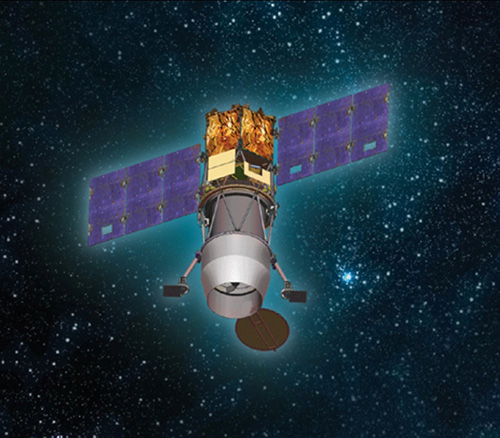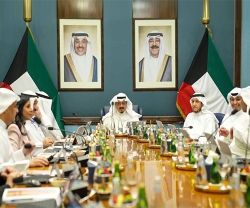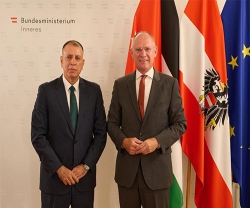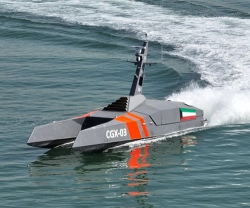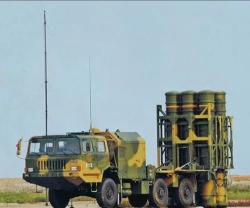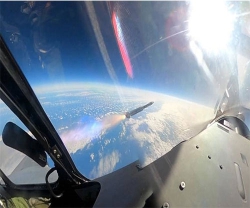Aharon Zeevi Farkas, a former intelligence Chief of the Israel Defense Forces (IDF), acknowledged that the intelligence capabilities of the country’s ground troops have yet to be developed.
Speaking at a conference in Tel Aviv, Farkas said that at least 10,000 satellites would help the country provide constant video surveillance of the Middle East by 2025, according to the Jerusalem Post.
It will allow the Israeli army to conduct targeted killings of enemies at any time and any place, Farkas stressed.
Touting the swift upgrade to Israel’s intelligence capabilities, he said that while Israel “has supremacy in the air, it lacks supremacy in ground warfare.”
“We will not be able to stop rockets against us until we gain ground warfare supremacy,” he added, emphasizing the importance of intelligence data during military operations.
His remarks came after an Israel Defense Forces spokesman said that Israeli aircraft had attacked “Hamas targets in northern Gaza” following what Tel Aviv described as Hamas provocations near the border town of Sderot.
The developments came amid mass protests by Palestinians in the Gaza Strip, which erupted on the 70th anniversary of Israel’s founding and in the wake of a ceremony to open the US Embassy in Jerusalem.
A total of 61 Palestinians were killed and over 2,700 wounded in the ensuing clashes with Israeli Security Forces, according to the Palestinian Health Ministry.
Israeli Defense Minister Avigdor Lieberman blamed the leaders of Hamas for the Gaza violence, while Russian Foreign Ministry spokeswoman Maria Zakharova said that Moscow has urged all parties to the conflict to show restraint and avoid escalating things any further.
She added that Russia’s stance on the status of Jerusalem remains unchanged and that Moscow continues to stand for a two-state solution.
In April 2014, Israel launched Ofek 10, a military spy satellite, four years after sending a similar space vehicle into orbit.
In September 2016, Israel’s Ofek-11 surveillance satellite (photo) transmitted its first images, nine days after it was launched into orbit, the Defense Ministry and Israel Aerospace Industries said in a joint statement then.
Ofek-11, carrying state of the art technology, was successfully launched into space on 13 September 2016.
Israeli officials have said before that the nation’s satellite program is aimed at boosting intelligence-gathering capabilities in the face of Iran’s nuclear program and Iranian support for militant groups in neighboring Arab countries.

